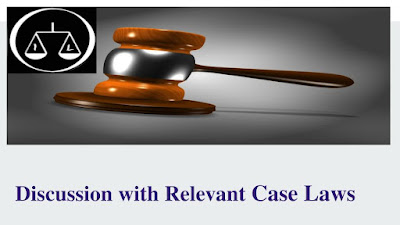Bar Council of India Removes 107 Fake Advocates from Delhi Roll to Uphold Legal Integrity
.jpg)
Bar Council of India Removes 107 Fake Advocates from Delhi Roll to Uphold Legal Integrity The Bar Council of India (BCI) has taken decisive action in a sweeping initiative aimed at maintaining the integrity of the legal profession by removing 107 fake advocates from the Roll of Advocates in Delhi between 2019 and October 2024. This step comes as part of the BCI's rigorous verification process to ensure that only qualified, genuinely practising advocates remain in the profession, ultimately upholding public trust in the legal system. Strengthened Verification Framework Under Rule 32 This effort falls under Rule 32 of the Bar Council of India Certificate and Place of Practice (Verification) Rules, 2015 . The BCI amended Rule 32 on June 23, 2023 , which empowered the BCI to verify, identify, and systematically remove unqualified and fake advocates from the Roll. The rule amendment has made the process of weeding out non-compliant individuals significantly more efficient. Accordi
.jpg)
.jpg)
.jpg)
.jpg)
.jpg)
.jpg)
.jpg)
.jpg)
.jpg)
.jpg)
.jpg)
.jpg)
.jpg)
.jpg)
.jpg)
.jpg)
.jpg)
.jpg)
.jpg)
.jpg)
.jpg)